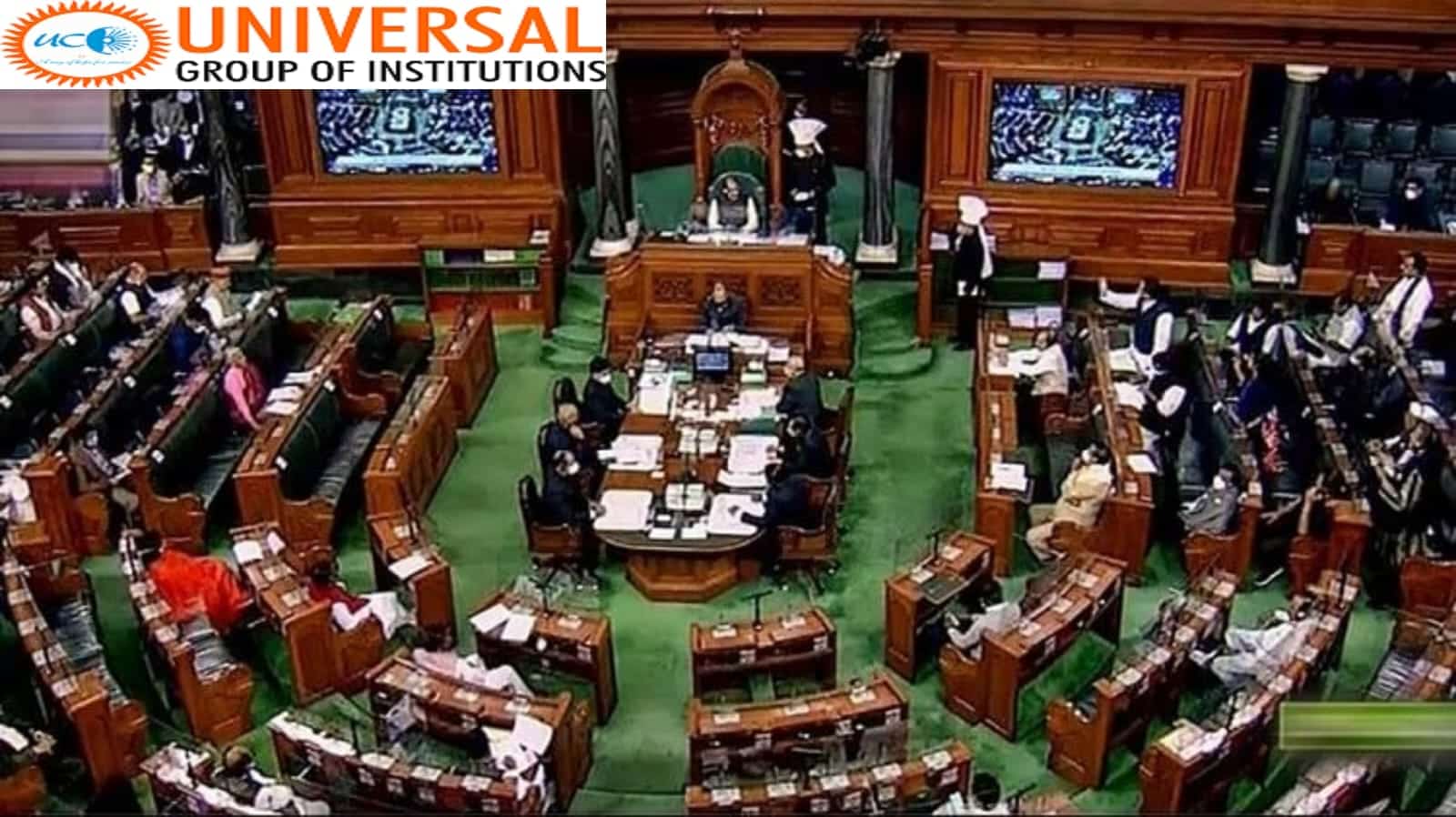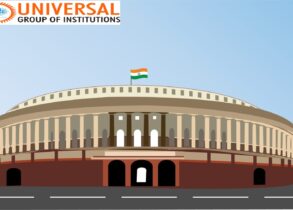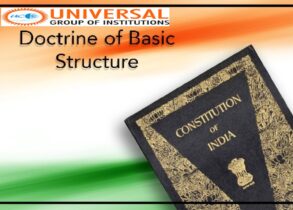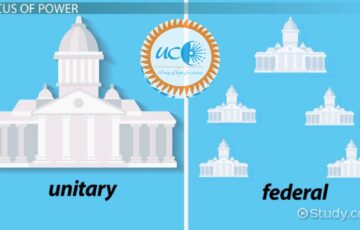What is meant by Parliamentary privileges? Comment on the factors that necessitate them.
Parliamentary privileges are special rights, immunities, exemptions enjoyed by the members of the two houses of Parliament and their committees originally envisaged by the constitution under Article 105 and Article 194. The concept of parliamentary privilege in the Constitution of India has been taken from the British Constitution. The main motive of these privileges is to uphold the supremacy of the office of the Parliament and its members
Parliamentary privileges can be broadly divided into two categories;
- Enjoyed by the Members of Parliament collectively
- Enjoyed by the Members of Parliament individually
Parliament can fulfill its role only if its members enjoy the freedom of expression necessary in order to be able to speak out on behalf of constituents. Members of parliament must be free to seek, receive and impart information and ideas without fear of reprisal. Parliamentary privileges are needed to
- Secure the independence and effectiveness of their actions
- Protect their members from any obstruction in the discharge of their parliamentary responsibilities
- Maintain the honor, dignity and authority of the house
However, there have been incidents when these privileges were misused. An example for the same is the overreach of these privileges is when the Karnataka legislative assembly sentenced two journalists for one year imprisonment and fine for defamatory articles under its power to punish breach of privileges.









